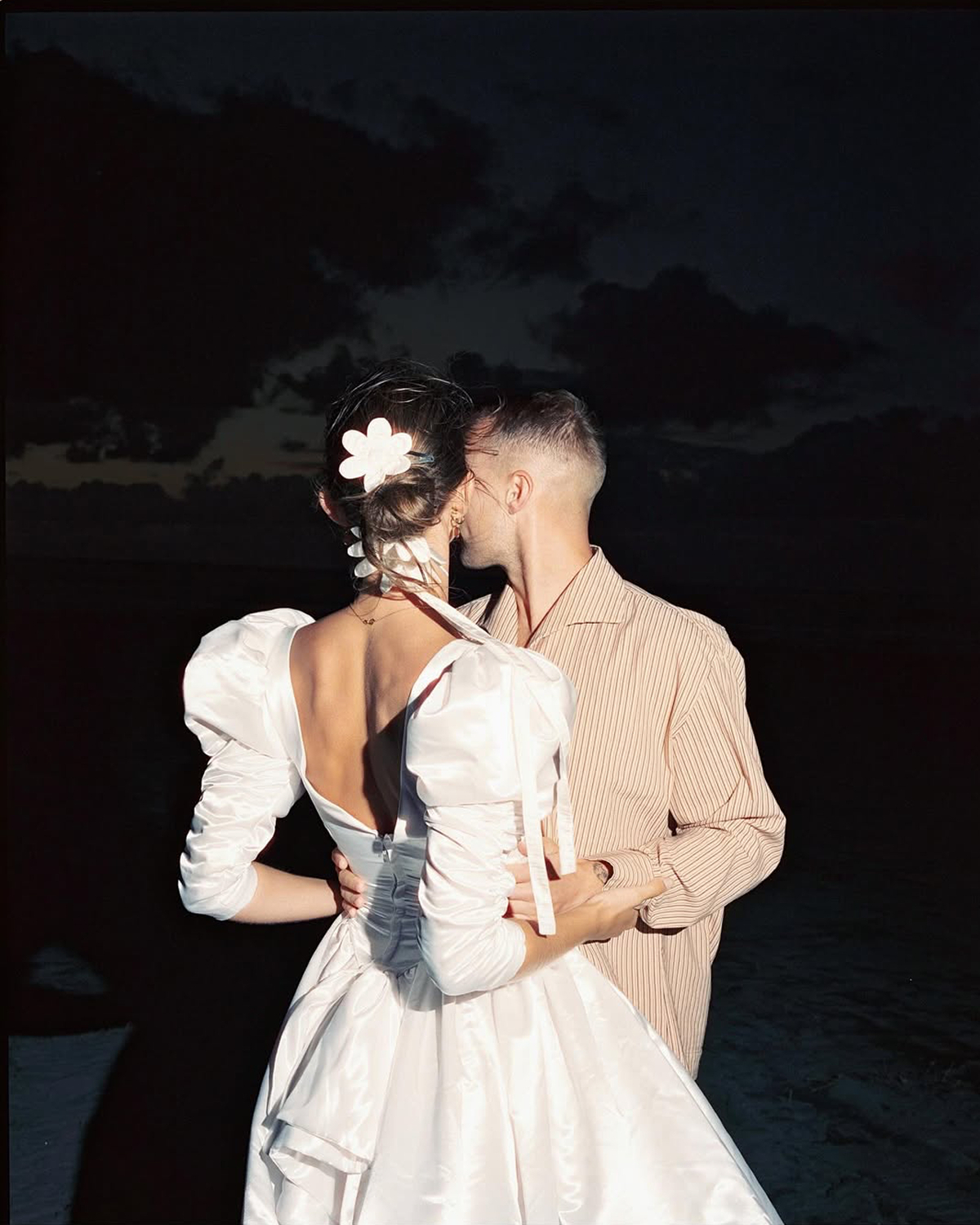For couples who choose to write their own vows, this can be one of the most meaningful parts of your wedding day. It’s a rare chance to speak directly to your partner in front of everyone you love, sharing the promises you plan to keep long after the day is over. But even with the best intentions, many couples fall into the same trap when putting pen to paper: trying to impress the audience instead of speaking from the heart. To help you write vows that feel true to you and your love—and without the stress—here are six simple mistakes to keep in mind and how you can avoid them.
Writing for the Audience,
Not Your Partner
Your vows aren’t a speech or a toast—they’re a personal exchange between the two of you. While your guests will be listening in, they aren’t your primary audience. Speak directly to your partner, and let your words reflect the nuances of the life you’ve built together. Whether it’s tender, humorous, or heartfelt, the most meaningful vows are the ones that feel true to you. Don’t worry about being performative, as authenticity always lands better than perfection.
Leaving it Until the Eleventh Hour
Great vows don’t have to be long, but they do take thought. Give yourself time to reflect on what you want to say. Jot down memories, inside jokes, or things you admire about your partner. Even starting with messy notes or voice memos can help you find the heart of what you want to express. The earlier you start, the more relaxed and genuine your vows will feel.
Not Discussing Length &
Tone Ahead of Time
You don’t need to share your vows with each other before the ceremony, but it’s helpful to agree on general expectations. Will you keep it short and sweet? Poetic and emotional? It also prevents one partner from delivering a five-minute love letter while the other offers a quick paragraph, which may be awkward for you and confusing for guests. Aligning on tone and timing ensures the moment feels balanced.
Focusing on the Moment,
Not the Future
Inside jokes and playful nods to your relationship are welcome, but try to avoid anything that might feel confusing or out of place years from now. Focus on promises that reflect your values, your future, and the foundation of your partnership. Timelessness is the key. Ask yourself: Will these words still resonate in 10, 20, even 50 years? Aim for a mix of heartfelt and enduring vows over overly trendy or overly specific.
Skipping the Rehearsal
Reading your vows out loud—ideally more than once—can help you hear the flow and catch anything that feels awkward or overly scripted. This also gives you a chance to get more comfortable with the emotion behind the words. If you’re a nervous public speaker, practicing in front of a mirror or a trusted friend can ease anxiety and build confidence before the big moment. Practicing aloud can also help you find a natural rhythm, so your delivery feels sincere and steady when the moment comes.
Relying on Your Phone
Write or print your vows on paper or a vow book that’s easy to hold and read from. Avoid reading from your phone, and bring a second copy just in case. It’s a small detail that can make a big difference when nerves and happy tears are involved, and will help you feel more connected. Plus, having your vows on elegant cardstock or stationery will make for a great keepsake.






























